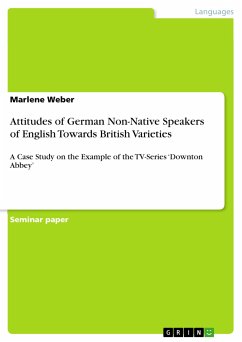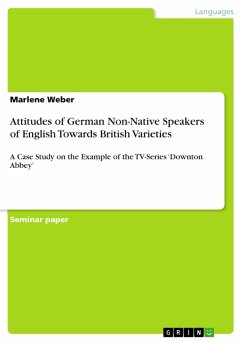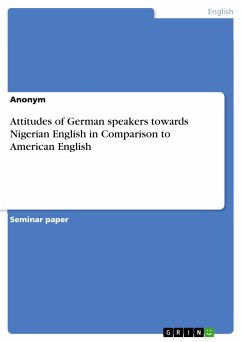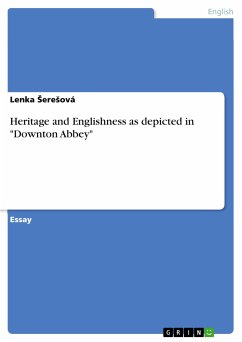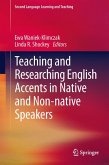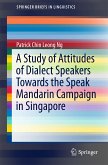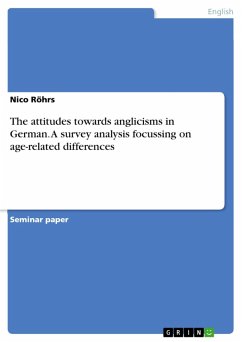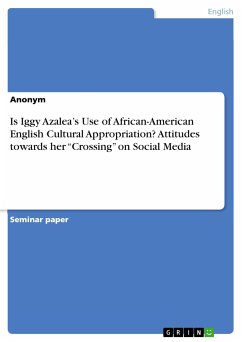Seminar paper from the year 2015 in the subject Speech Science / Linguistics, grade: 2,7, LMU Munich (Anglistik und Amerikanistik), course: Accents of English, language: English, abstract: The reason to conduct this study lies within the question of how German (and therefore non-native) speakers of English evaluate different ways to speak the English language. How do they judge its speakers to be as a person and is this dependent on the variety he or she speaks? It will be interesting to see whether what way of speech they personally prefer to speak or what kind of education they received influences their judgement of the speech samples presented to them. A lot of research of attitudes towards varieties for the educational sector has been done, but the aim of this paper is rather to show whether this attitude is also influenced by visual stimuli and how non-natives in Germany evaluate the different ways of speaking English, to have an impression of how these attitudes in everyday encounters may look like. Consequently, there are several hypotheses which are to be tested by two questionnaires and with the help of the TV series "Downtown Abbey".

